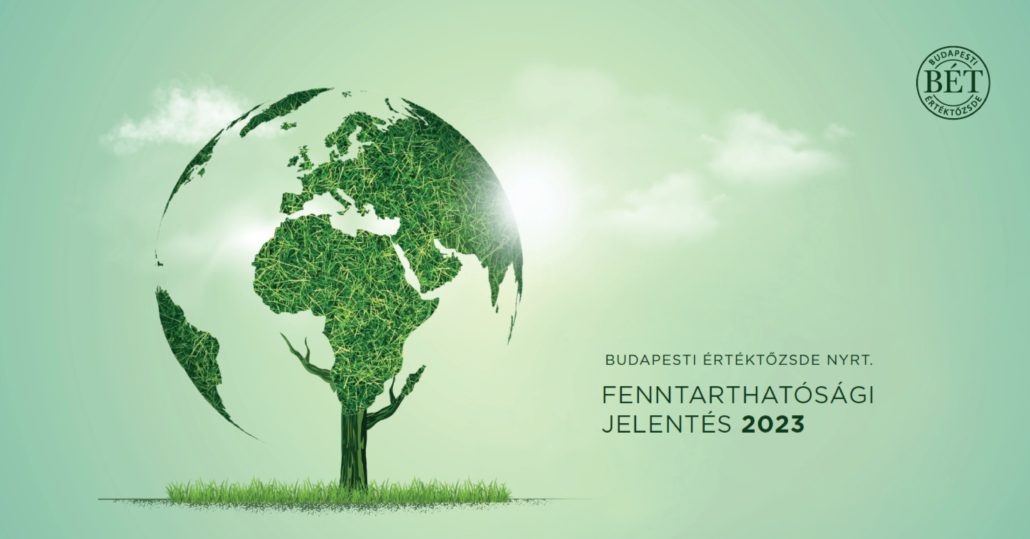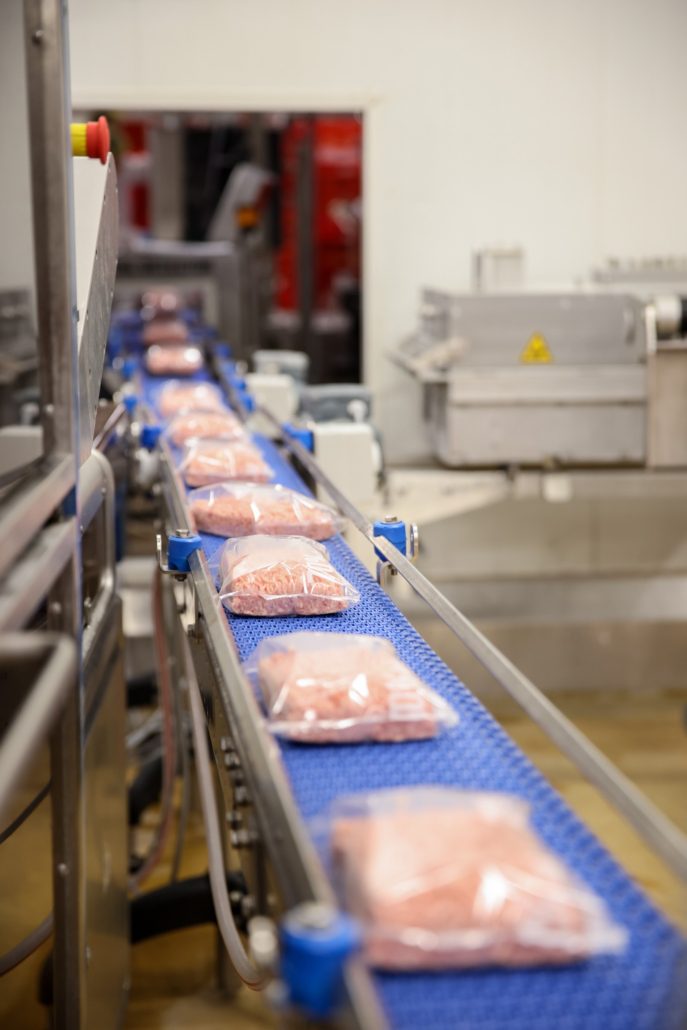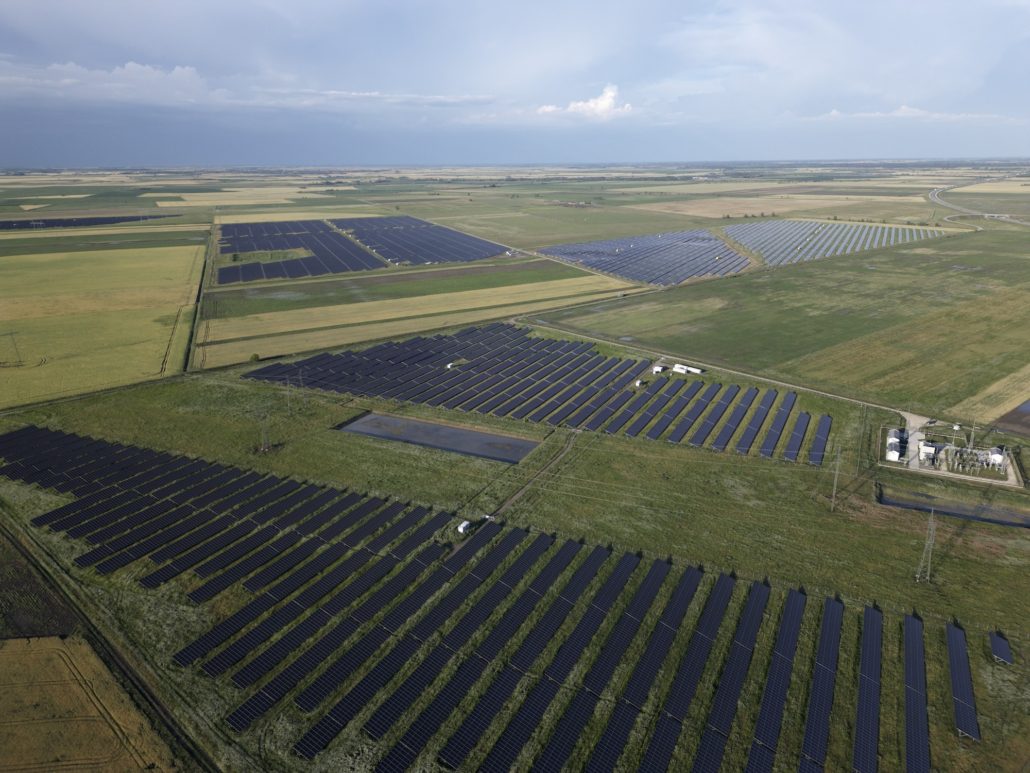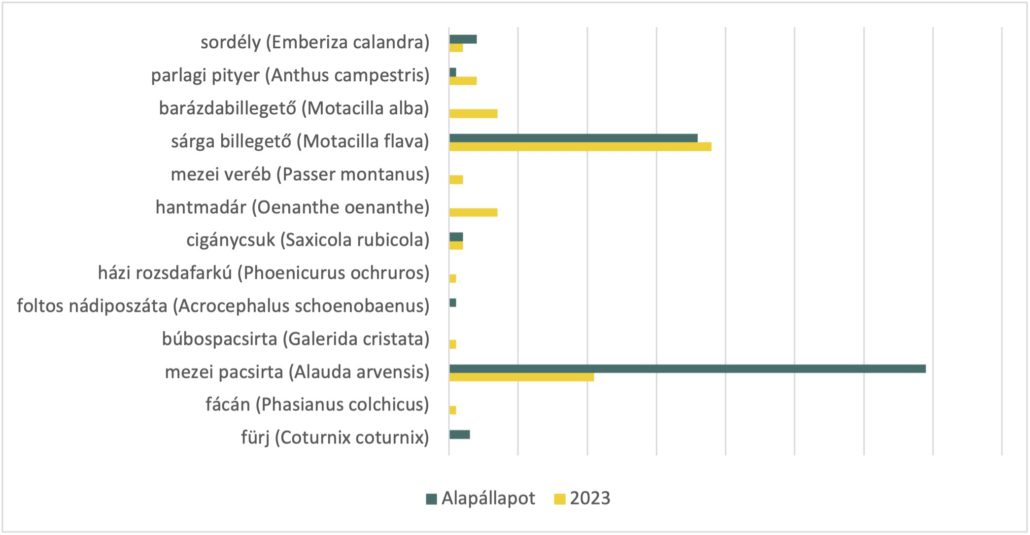The study period, which began in 2023 and spans three full years, has its first-year results released by SolServices Ltd., the operator of Lumen Park Szolnok. Ecological experts assessed the area’s wildlife before the construction and after the first year of the solar park’s operation. According to the ecological monitoring results, both plant species diversity and bird species diversity have increased, with positive changes observed in the number of nesting and area-using species.

In the first year of operation, species richness has already increased in the surveyed area according to the latest results of the biodiversity survey
The study period, which began in 2023 and spans three full years, has its first-year results released by SolServices Ltd., the operator of Lumen Park Szolnok. Ecological experts assessed the area’s wildlife before the construction and after the first year of the solar park’s operation. According to the ecological monitoring results, both plant species diversity and bird species diversity have increased, with positive changes observed in the number of nesting and area-using species.
Lumen Park Szolnok is the first nature-friendly solar park not only in Hungary but also globally, implemented using the most modern sustainable methods, focusing on plant and animal-friendly approaches and the revitalization of soil depleted by decades of agricultural utilization. The ecological research, which provides insights over several years, has produced guiding results for environmental and sustainability authorities. The company has opened its professional database for academic research, resulting in the first scientific paper based on this data.
The results show that in 2023, the number of plant species increased significantly compared to the initial state, and the total coverage of regenerating vegetation is also substantial. The coverage of valuable species has increased, and the Shannon diversity index has also improved in the areas. The area, previously used for large-scale agriculture, now features a near-natural habitat, indicating the spontaneous formation of natural plant cover. Rare plants like the Sea Arrowgrass (Triglochin maritimum) and the protected Saltmarsh Buttercup (Ranunculus lateriflorus) have appeared. Despite the presence of higher naturalness species post-construction, to combat the significant coverage of agricultural weeds and invasive species, a special seed mix sown in 2023 promote further natural habitat formation, increasing species richness and diversity while naturally suppressing undesirable and invasive species.

figure1. Comparison of nesting species population data observed during the baseline survey and the 2023 survey (number of nesting pairs)
The bird diversity also increased post-construction compared to the baseline and control area surveys, partly due to the solar park’s function as a feeding ground compared to large-scale agricultural habitats. Certain species like the Eurasian Skylark (Alauda arvensis) and Corn Bunting (Emberiza calandra) have started nesting in fewer numbers, while others like the Eurasian Stonechat (Saxicola rubicola) showed no population change. New nesting species such as the Common Pheasant (Phasianus colchicus), Crested Lark (Galerida cristata), and others have appeared in the solar park. The total bird population observed in 2023 included 23 species and 697 individuals, with new area-using species like the Bluethroat, Lesser Grey Shrike, and Tree Pipit, Common Linnet. The survey also highlighted that the nesting success of Eastern Imperial Eagle and Saker Falcon was not affected by the solar park’, while the occurrence of the Common Buzzard and Kestrel increased significantly.
Insect community studies show that the solar park significantly did not alter the area’s insect fauna composition, with major taxonomic groups’ dominance structures remaining similar. Polarotactic taxa individuals were evenly distributed inside and outside the solar park, their proportion in the total caught insect material was only 0.15%, indicating that these insects are not attracted en masse to solar parks. Similar to 2020, the taxa caught in the largest numbers were flies (Diptera, 51.79%), hymenopterans (Hymenoptera, 22.54%), beetles (Coleoptera, 17.29%), and true bugs (Hemiptera, 5.98%). Overall, it can be concluded that the number of insects in the area has increased compared to the baseline condition.
Among renewable energy sources, solar energy is one of our most significant sustainable resources, making it increasingly important in domestic energy production. Additionally, solar parks can effectively protect wildlife and enhance biodiversity. Properly planned and minimally managed solar parks provide undisturbed habitats for plants and animals for two to three decades, promoting biological diversity. These areas are not used for agriculture, plowed, sown, or sprayed with various chemicals. As a result, the flora and fauna flourish and diversify over the years. The creation of nature-friendly, new-generation solar parks must follow well-established principles and practices. SolServices Ltd. has developed a detailed professional guide in collaboration with experts and organizations, enabling other solar park developers to establish nature-friendly solar parks. “It’s important to emphasize that we’ve achieved all this with a highly diverse team of different professional backgrounds and nationalities, always aiming for concrete solutions and actual implementation, staying a step ahead of the market,” added Dr. Gábor Farkas, CEO of SolServices Ltd., when presenting the first-year research results of the ecological survey.











